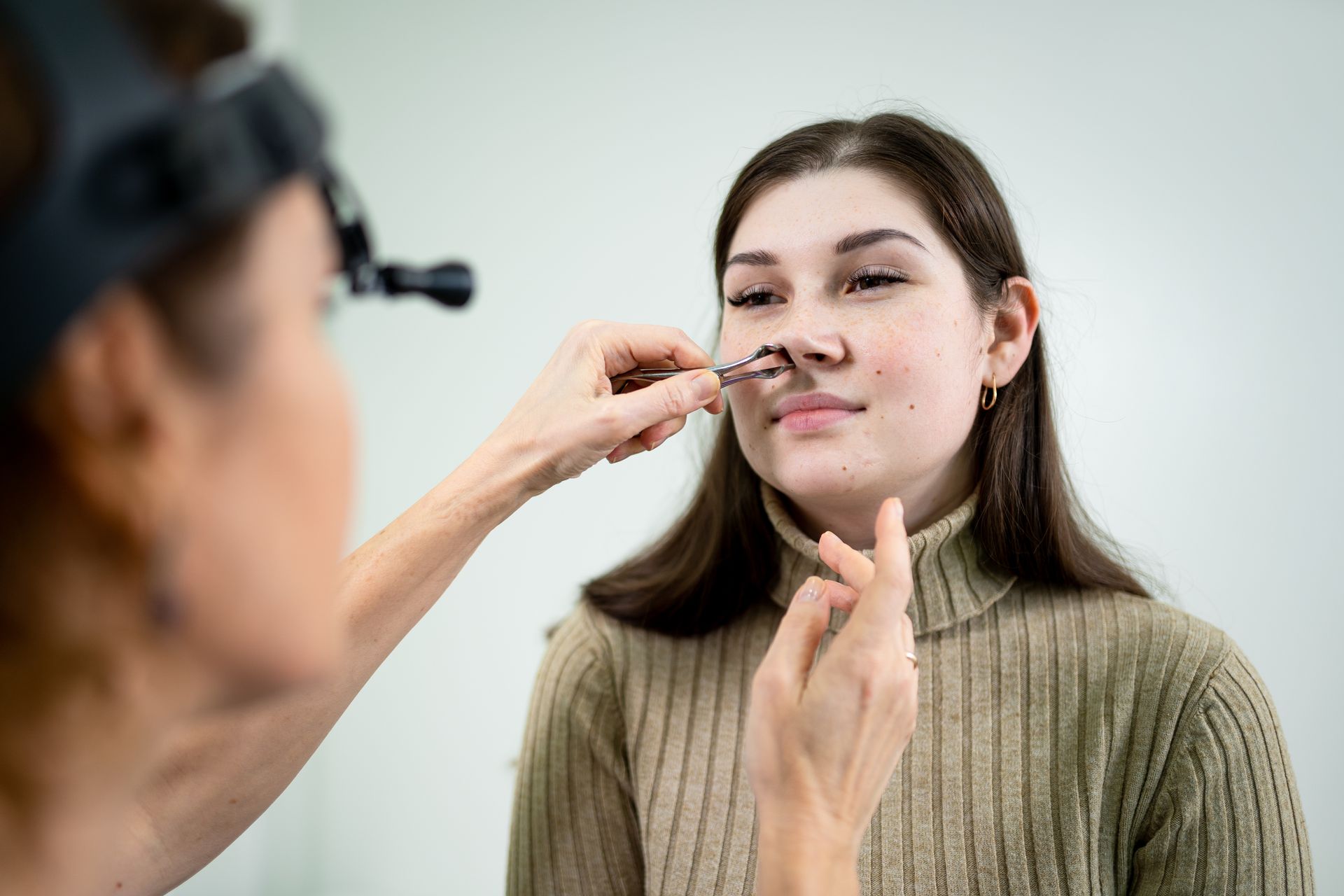What is GERD?
GERD-Gastro Esophageal Reflux Disease, also known as Acid Reflux or Silent reflux
What is GERD?
Gastroesophageal Reflux Disease, commonly known as GERD, is a long-term condition where stomach contents come back up into the esophagus resulting in either symptoms or complications. It affects people of all ages, and if left untreated, it can lead to more serious health issues.
Symptoms
The primary symptom of GERD is heartburn, a burning sensation in the chest that often occurs after eating and may be worse at night or when lying down. However, GERD can also cause a variety of other symptoms including regurgitation of food or sour liquid, difficulty swallowing, chronic cough, and a sensation of a lump in the throat.
Causes
GERD occurs when the lower esophageal sphincter (LES), a ring of muscle at the entrance to your stomach, fails to close properly or opens too often. This allows acid and other contents from your stomach to flow back up into your esophagus. Factors that can contribute to GERD include obesity, pregnancy, smoking, certain medications, and hiatal hernia.
How is GERD Diagnosed?
The diagnosis of GERD is typically made based on the symptoms presented. For a more concrete diagnosis, tests such as an endoscopy, a pH test to check for acid in the esophagus, or a manometry test to measure the movement and pressure in the esophagus might be performed.
Treatment
Management of GERD includes lifestyle changes like dietary modifications, avoiding certain foods and drinks that may trigger reflux, losing weight if overweight, and elevating the head during sleep. Over-the-counter medications are often the first step in treatment and may include antacids, H2 blockers, or proton pump inhibitors (PPIs).
In some cases, stronger medications or surgery may be required to alleviate symptoms and prevent complications. Long-term complications of untreated GERD include esophagitis, esophageal strictures, Barrett's esophagus, and an increased risk of esophageal cancer. It's essential for individuals experiencing persistent symptoms of acid reflux or heartburn to consult with their healthcare provider. With proper management and treatment, many people can control their GERD symptoms and maintain a good quality of life.
Did you know certain acidic foods can aggravate this condition? Like red sauces, alcohol, fruit juices such as pineapple and orange juice. Some people may have mild symptoms, while others may suffer from moderate multiple complaints. You may have tried over-the-counter medication or antacids that don’t seem to work.
Don’t give up. Come see us at Kentuckiana ENT, a Division of ENT Care Centers. We can help. Whether you have mild or severe reflux, there are options to help you manage, even alleviate your symptoms. Call us a 502-894-8441.













